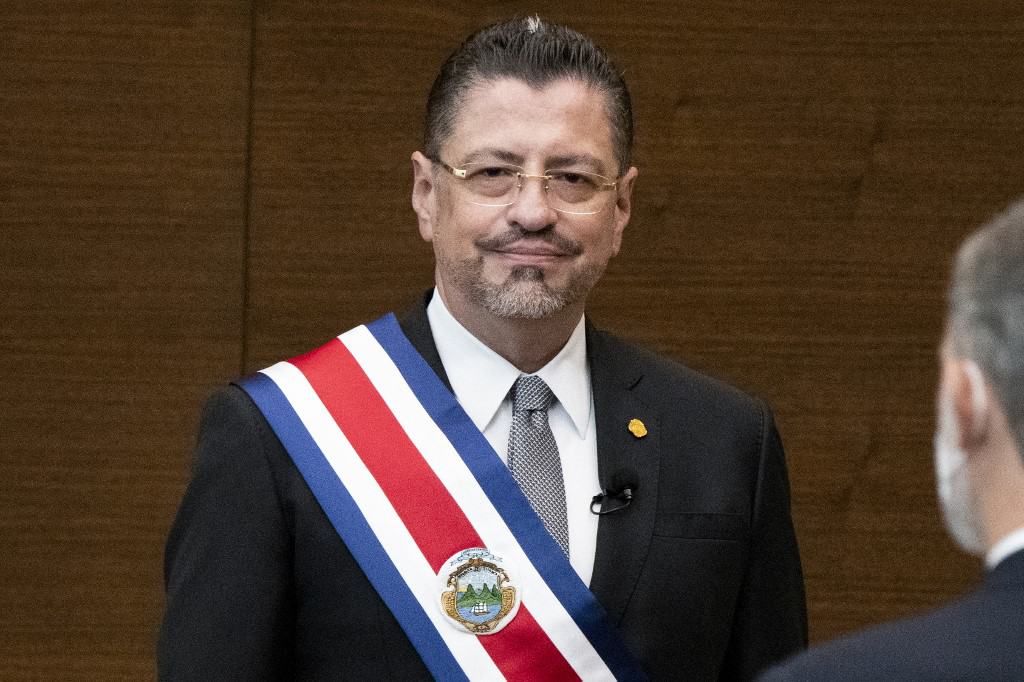The popularity of Costa Rican President Rodrigo Chaves on social media appears to be declining, with positive reactions decreasing and negative sentiments rising.
A report from Universidad Latina’s Digital Communication Observatory indicates that from May 2022 to August 2023, positive sentiments about President Chaves decreased from 52.8% to 38.7%. In contrast, negative sentiments increased from 20.4% to 36.6% during the same timeframe. This shift in public opinion has been evident throughout the first 15 months of his term.
The study, backed by social monitoring specialist Kantar IBOPE Media, leaves out opinions from accounts deemed as trolls. For June, July, and August 2023 alone, they monitored 139,622 mentions across social platforms.
The government’s broader performance, which includes ministers and CEOs, has drawn even sharper criticism. The report highlighted a significant decline in the public’s positive sentiment. Over the same period, negative sentiments rose from 28.1% to 48.6%, while positive ones fell from 47.3% to 26.2%.
Interestingly, President Chaves received about double the positive feedback compared to other members of his administration.
Jorge Rodríguez, the Minister of Communication, has stated the government’s contentment with their communication strategy, emphasizing its direct outreach to citizens. He highlighted that the strategy has garnered positive reactions and that citizens are well-informed of the positive developments.
Several factors have shaped the declining perception of President Chaves. These include an announced potential veto for a proposed “marchamo” tax reduction, court mandates from Court IV that required the Costa Rican Social Security Fund (CCSS) to reinstate several board members, and the allocation of Central American Bank for Economic Integration (CABEI) funds to hire a government communication consultant.
Other significant events swaying public opinion include revelations about service contracts tied to Chaves’ electoral campaign, accusations of influence peddling linked to businessman Leonel Baruch, and student demonstrations against standardized tests introduced by the Ministry of Public Education (MEP) in July.
On the brighter side, some events have elicited positive reactions. Noteworthy among them is an important announcement concerning the status of CCSS, which led to an official complaint with the Attorney General’s Office, the installation of scanners at APM Terminals in Limón, and successful drug interdictions following these measures.
The study’s findings suggest that President Chaves’ popularity is on the decline, and that this is likely due to a number of factors, including his handling of several controversial issues. It remains to be seen whether the government can reverse this trend and regain the public’s trust.






